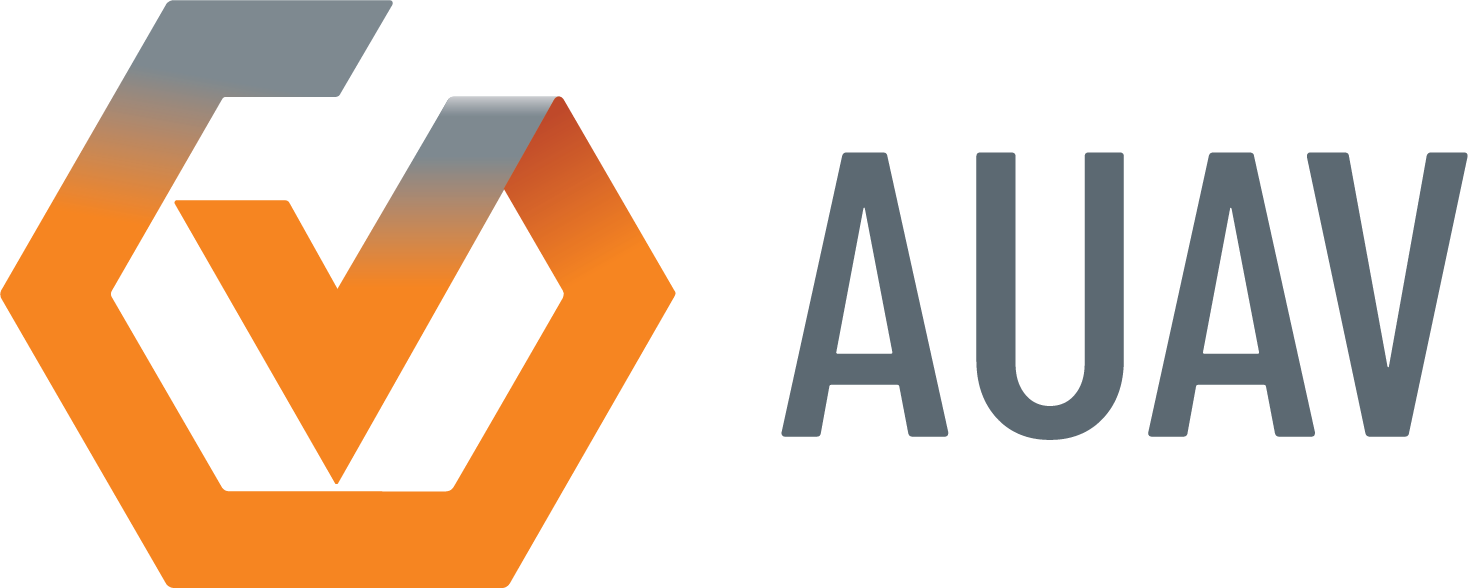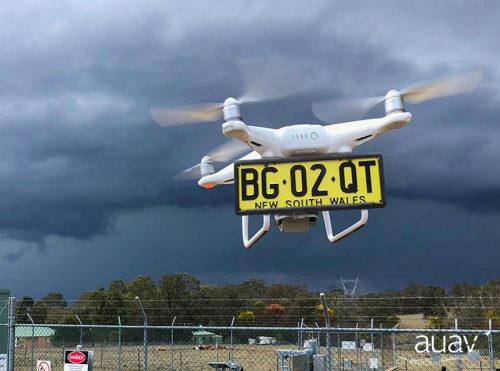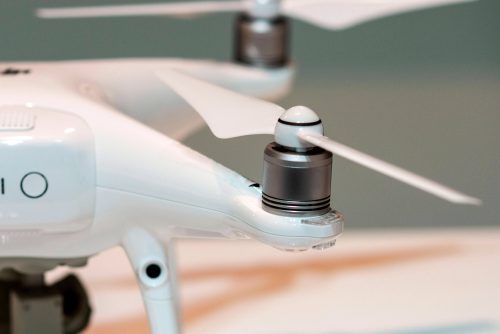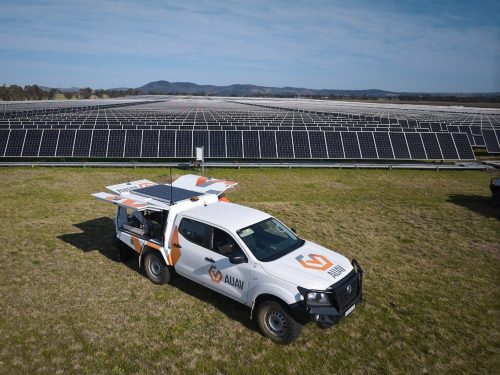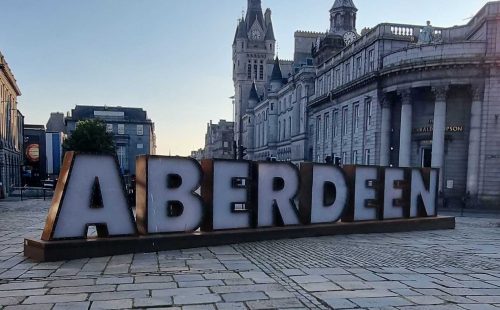On Friday 25th January the Australian Civil Aviation and Safety Authority (CASA) proposed to introduce drone registration and an operator accreditation scheme https://consultation.casa.gov.au/regulatory-program/pp1816us/
James Rennie, AUAV’s Melbourne-based Director observes that
“the previous relaxation of the rules, along with access to cheap and accessible drone technology has led to widespread unsafe practices and non-conformance to the regulations.”
A lack of any practical flight training or demonstrable knowledge of the airspace or public safety rules for recreational and sub-2kg (Excluded) commercial operators has caused a spike in incidents and breaches of the regulations.
“In our view we need more than just an on-line ‘tick and flick’ on-line course to address the basic flight competency and knowledge requirements for licensing”
says Rennie.
Registration
The proposed registration of the drone will go some way to identifying the culprit when something has gone wrong, but more importantly should instill a greater sense of responsibility. This drone registration was recommended by Governmental review last year. However, we feel that the proposal is further tilting the playing field in favour of unlicensed and uninsured operators.
As it stands the proposal is that a recreational drone attracts no annual fee (the drone owner has a $20 fee) while each commercial drone has a fee to CASA between $100 and $160 per drone per year.
“This is a further imbalance against licensed professional operators and also encourages people to say they are only operating recreationally in order to side-step the costs.”
Rennie says.
AUAV strongly supports a nominal fee for cost recovery however feel that both recreational and non-recreational operations present the same hazards to the public and require the same administration demands.
We feel that the current proposed fee structure would impose a ‘drone tax’ in excess of $8000 a year for some professional operators who already bear the costs associated with Remote Operator Certificate and Remote Pilot licencing compliance while the untrained recreational users, those historically creating the most safety problems, attract almost no cost in the proposed scheme.
Insurance
AUAV also strongly recommends at least a basic insurance equivalent to a motor vehicle Compulsory Third Party for drones, so that any injured parties can be assured some relief if an accident were to occur. This insurance is already largely adopted by the RC model community through associations such as the Model Aeronautical Association of Australia.
Recreational vs Commercial Drone
Andrew Chapman, AUAV’s Sydney-based Director, believes a major issue in the current regulations and also the new amendments lies around the definition of recreational and commercial use.
“If left to these vague definitions”
, says Chapman,
“people interpret them in the way which suits them, and in most cases that is obviously going to be that they aren’t undertaking a commercial operation”.
Problematic cases include work for non-profit organisations, university research, product demonstrations, training and use by government agencies. AUAV prefers a clearer definition being ‘recreational’ and ‘non-recreational’ with the latter simply being for any purpose other than one’s own enjoyment.
We applaud that CASA is further seeking to enhance the safety of manned aviation and those on the ground but reject that it is the licensed commercial operators that should bear the majority of the financial burden when there is no evidence to suggest that licensed operators are responsible for the increase in drone related incidents.
For media comment on this issue please contact James and Andrew via media@auav.com.au
